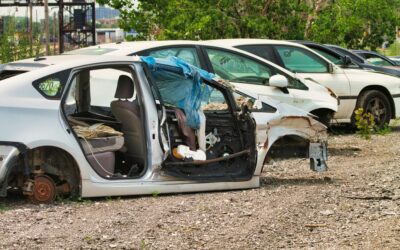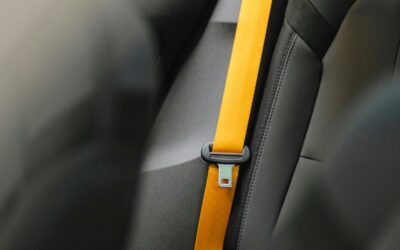September means homecoming games, dances, and late-night drives across Georgia—and a predictable rise in teen passenger injuries. Packed cars, unfamiliar routes, distracted driving, and post-game celebrations create high-risk conditions on Friday and Saturday nights. If your child is hurt as a passenger—or your family is struck by a teen driver—understanding Georgia law and acting quickly can protect their health and your personal injury claim.
Homecoming weekends combine several danger factors at once: multiple teens in one vehicle, phones and music competing for a new driver’s attention, nighttime visibility, rain-slicked roads, and fatigue after long days of school and athletics. Some events also involve parties where alcohol is present, which raises both crash risk and legal complexity. Even “low-speed” impacts in neighborhoods or school zones can cause concussions, whiplash, fractures, and long-term soft-tissue injuries for young passengers.
Georgia is a fault state, so the negligent driver’s insurer is responsible for damages. But teen passenger cases often involve several potential sources of recovery: the at-fault driver’s liability policy, the vehicle owner’s policy (if different), and the injured teen’s family policy through uninsured/underinsured motorist (UM/UIM) coverage. If a parent allowed a clearly unsafe driver to use their car, negligent entrustment may apply. When alcohol service to minors contributes to a crash, Georgia’s dram shop and social-host rules can come into play against adults or businesses who knowingly served a noticeably intoxicated underage driver. Sorting this out early can significantly increase available coverage.
If a crash happens on homecoming weekend, prioritize medical care and lock down proof before memories fade and video is overwritten.
What to do in the first 24–48 hours
- Call 911 and request medical evaluation. Concussion and abdominal injuries may appear hours later; ER notes and pediatric follow-up create the medical foundation for the claim.
- Document the scene and the vehicle. Photograph positions, damage, airbag deployment, road conditions, lighting, and any skid marks or debris.
- Collect key information. Get the drivers’ licenses, insurance, plate numbers, school name or event, and contact info for witnesses and passengers.
- Ask about video. Nearby homes, businesses, school cameras, and doorbells may have crucial footage; request preservation immediately.
- Preserve phone evidence carefully. Avoid social media posts; screenshots of call and text logs near the time of impact may later help prove distraction (handled through counsel).
- Notify your insurer without guessing about fault. Decline recorded statements until you speak with an attorney; provide basic facts only.
- Follow treatment plans. Consistent pediatric, orthopedic, or neurology care and school accommodation letters (absences, modified PE) strengthen a Georgia injury claim.
Common damages in teen passenger cases include ER and follow-up care, imaging and physical therapy, counseling for anxiety or PTSD around riding at night, tutoring or school accommodations, and replacement of damaged items like glasses, braces, phones, or laptops. Parents may also claim lost wages when caregiving responsibilities require time off work. In DUI or reckless racing cases, punitive damages may be available to deter dangerous conduct.
Liability can extend beyond the teen behind the wheel. A vehicle owner who knowingly lets an inexperienced or unsafe driver use the car may be responsible under negligent entrustment. Adults who host parties and permit underage drinking may face exposure under Georgia law if a clearly intoxicated minor later drives and causes a crash. If a rideshare or party bus is involved, layered commercial policies may apply, depending on the trip status and contracts in place that night.
Gunn Law Group moves quickly after homecoming-related crashes to secure surveillance video, 911 audio, and electronic evidence, obtain police and school resource officer reports, and coordinate with your medical providers to document the full impact on your child. We identify every policy—auto liability, UM/UIM, MedPay, homeowner or umbrella coverage, and any applicable commercial insurance—and we negotiate with each insurer to pursue the maximum recovery Georgia law allows. Our approach is simple: your child’s health and future come first; we handle the paperwork and the pressure.
If a homecoming weekend collision changed your family’s plans this September, don’t try to untangle multiple insurers on your own. Need a home run? Call the Big Gunn at 888-BIG-GUNN for a free case review with an Atlanta car accident lawyer who knows how to win teen passenger claims.




